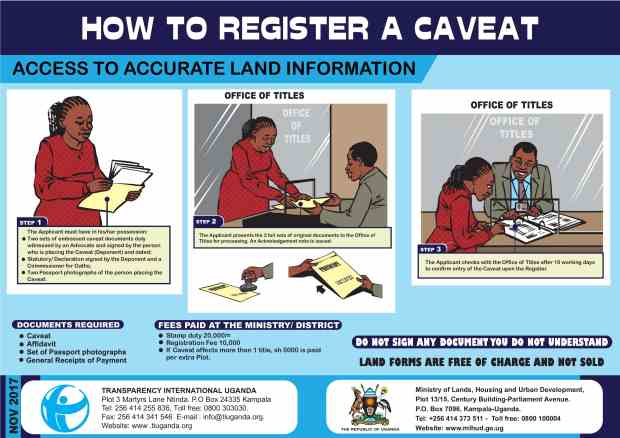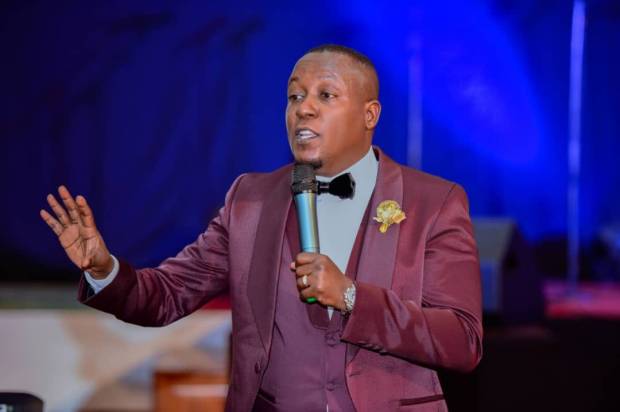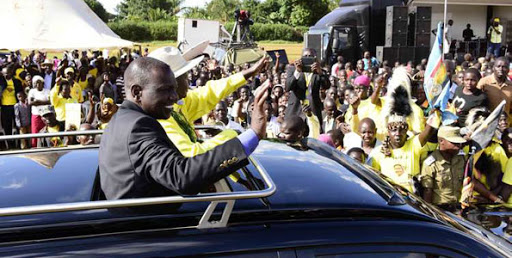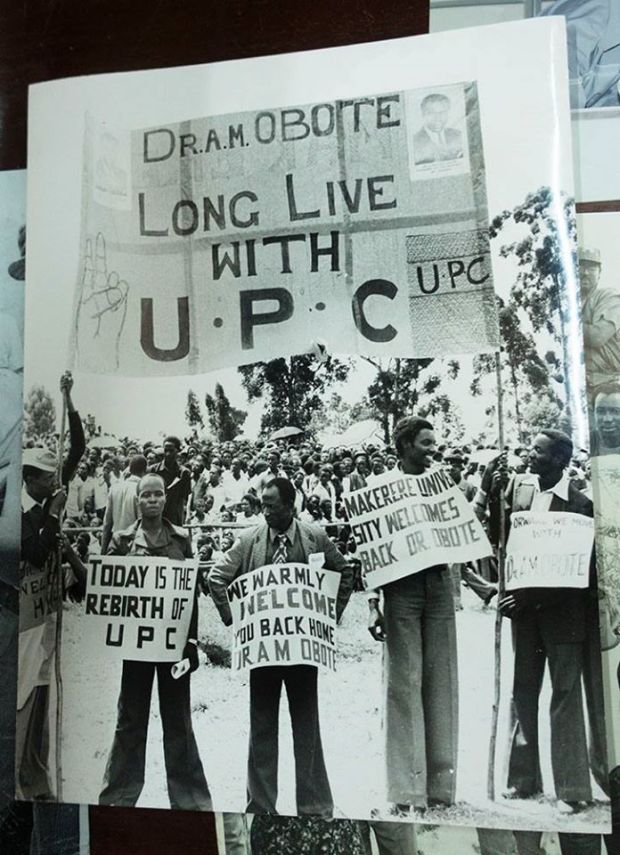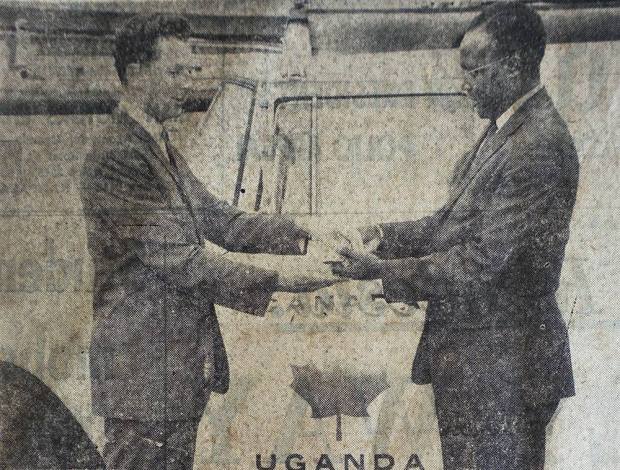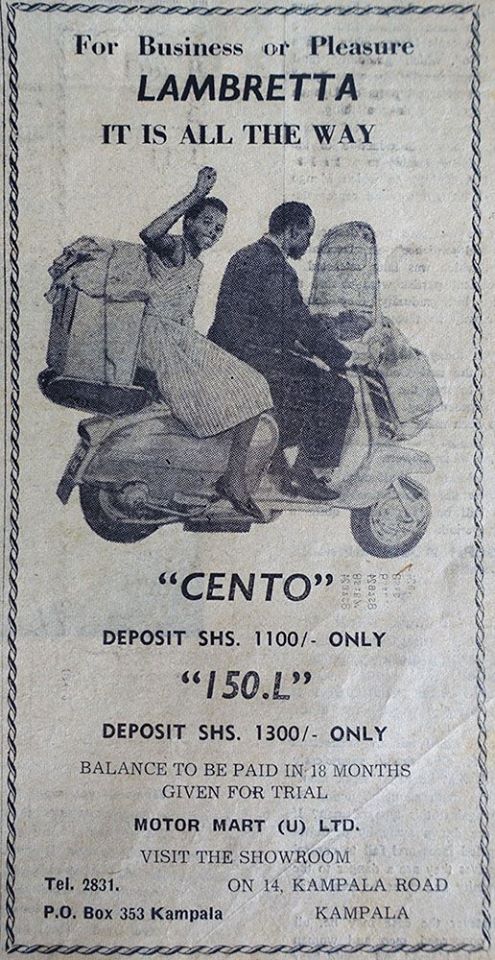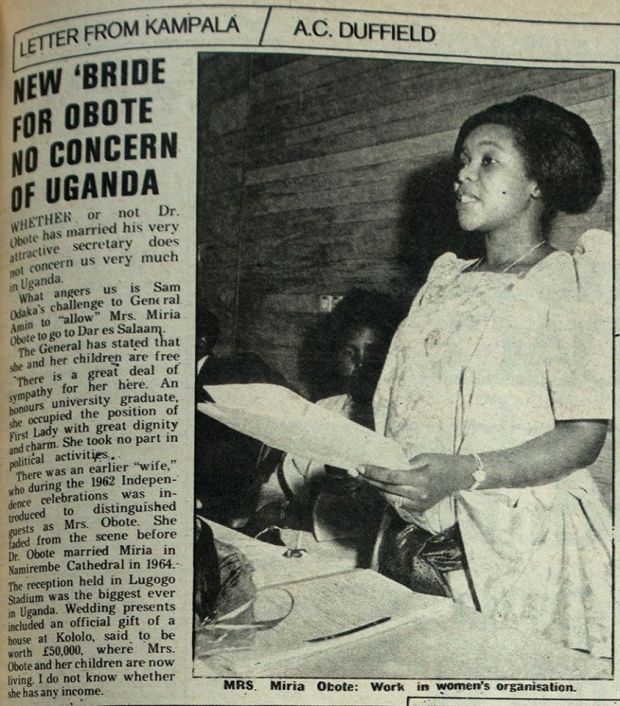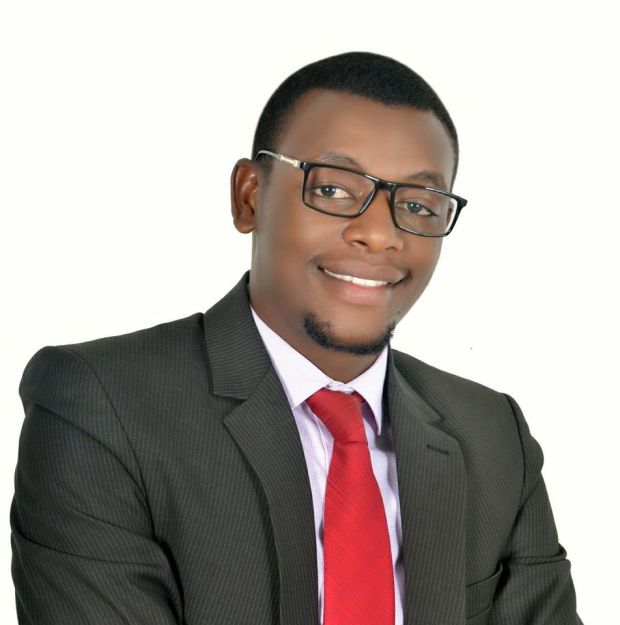By Henry D Gombya
This month has seen a new ‘kid on the block’ announce his intentions to vie for the Ugandan presidency. Dr Aggrey Kiyingi is a specialist cardiologist based in Australia who many came to know about as the philanthropist who was flooding Ugandan schools, churches and local administrations with computers.
But most of those of us living in the Diaspora came to know about him when he was arrested at Kitetikka in Wakiso District while attending the burial of his wife in July 2005. We were intrigued when two of his well-educated children, Dr Andrew Simbwa Kibuuka and his daughter Samalie Rachel Biyinzika Nakagulire, a London-based trial lawyer testified against him, with Dr Kibuuka asking the trial judge to find his father guilty of killing his mother and to therefore send him to the gallows (Uganda still practices capital punishment).
But the case collapsed almost immediately, taking with it some of the prosecution witnesses in the likes of Lt Caesar Enya of the Uganda Military Police who was due to give evidence against Dr Kiyingi but was later found shot three times at his home in Banda near Kampala and Private John Atwine, the man who allegedly pulled the trigger to end Mrs Kiyingi’s life who was found dead in Luzira maximum prison, after being allegedly poisoned.
With so many killings and deaths going on around this mysterious case, one would wonder why the then ‘prime suspect’ is now contemplating to return to Uganda after being acquitted of the murder of his wife and is preparing take part in what would be without doubt a deadly undertaking. He is financially quite well-off, having a dream job and being sought after by specialist hospitals around the world. So why is Dr Aggrey Kiyingi now seeking to enter what has now become a deadly business of trying to become President of Uganda?
The London Evening Post has caught up with him and during a lengthy interview in which he talked about why he wants to be Uganda’s leader and many other aspects of life concerning not only Uganda but Africa in general and the world at large, we asked Dr Kiyingi to first clear up the air and tell Ugandans what he believes caused his wife’s murder and why his children vented out their anger by testifying in the
AK: I will give you a little preamble to that which will help explain. In the 1990s, I was doing a lot of things for Uganda. I was not political then but I loved my country. And I thought it was shameful, and I will repeat it again; it is shameful for Africa to go begging when many Africans are in the developed world and are able to help Africa. But I did that and got my hands and feet burnt. I started a lot of social welfare programmes, helped many groups, funded children that were not able to go to school, and engaged myself in village development programmes like building wells.
The LEP: And President Museveni was aware of what you were doing?
AK: Oh yes because the media picked on that very quickly. Because they could see there was something happening which the government couldn’t do. I started a company called the Dehezi International which has now been destroyed. But this is the one that really started Mr Museveni panicking. This was an IT company, internet communications and computers. And if you look back and you check with Ugandans, I literally singlehandedly introduced computer science to the schools of Uganda. I introduced singlehandedly internet services and education to Ugandans. I distributed computers to schools at much reduced rates.
I introduced a long time payment system to schools so that every school could afford a computer. 20 years later, the government is trying to copy what I did at that time and trying to tell people it is ‘their thing’. It is not ‘their thing’. They’re just panicking and copying everything in a very bad way. Now, this brought about a lot of publicity, a lot of publicity. The radios, the TVs were very excited. I gave computers to organizations, to kingdoms, to churches. What I wanted to see was Uganda being literate from the IT side.
The LEP: Sorry to interrupt you here but if we may ask, how were you able to finance these deals? How were you able to finance the buying of all these computers?
AK: I have been blessed and I share my blessings. I had determined that look, I have enough to eat and I have bread, I have water. I don’t need a million dollars to have lunch. I [decided that] I am going to use 60 per cent of my facilities and income to help the people in Uganda. Fortunately too, I have friends who jumped on the bandwagon. I will give you two examples. I at one time was trying to start a hospital in Uganda which was sabotaged because it was going to bring more publicity.
But before that, I had offered, now listen very carefully, I had offered the medical school, the Uganda Heart Institute, places here in Australia. I had made arrangements with two leading hospitals in the country which are actually the two leading hospitals in the Southern Hemisphere, to train doctors, specialists in cardiology, which is my field, free of charge, three specialists every two years and to train five specialist nurses every year to bring them for five years hoping that it would bring them to 30 or 40 and then they would be able to carry on and train in Uganda. In addition, I had also got my friends here in Australia, to volunteer. These are highly paid specialists my dear. But they had agreed that they would go to Uganda one month, six months at a time, do free work, teach, operate, carry out cardiac procedures free of charge. The only thing I had to do was provide them with accommodation.
Now, that programme, anybody with a sensible mind would have jumped on it. But it caused me enormous problems in Uganda and I was almost killed. Because I was disturbing their distorted eco-system of running things. They were afraid I could get things done that they couldn’t do themselves, that I would shame them. So instead of embracing and thanking me, it was actually – well, I almost got killed for that.
I could name a few other projects. I would not name a country for diplomatic reasons, but there was some country which had offered to build a children’s hospital in Uganda. Now, there was only one catch; it had to be [built] through the government, not an individual organization or company like mine. They said, `we know you, we like you. We will do this, but in order to go through, we need to go through a government. You talk to that government, take them through one, two, three, four, we already know you. We are introduced by you but we do it for the country officially. This how we do businesses.
I then contacted the person who was at that time the Minister of Health, again I will not name him because I think he is no longer in that post. He asked me, `what is in it for us?’ (laughs loudly) I will not say this was a joke. It was very serious. I told that country, “Look find another country to give that money to”. And that gentleman said, “Why? What is wrong Aggrey, what happened”? I told him: “No it is a long explanation. I don’t want to be offended that you have given money to Uganda and it is used for the wrong reason. So please find another country and I could go on and on.
Now let us go back to the Dehezi International. It became very popular and the government got worried and at that time there was an impending election in 2006. Probably they thought I was doing this, in fact they (Uganda Government) asked why I was doing this. What were my motives? Do I want to become President? This is way back in 2004/2005. Of course I didn’t have any political intention at that time. So that is one part and I wanted you to note that.
The second part which is going to answer your question about my late wife is that she was in Uganda at that time running a private business. But she was the Chairman of Transparency International (TI), Uganda Branch. She was commissioned by TI to write a forensic audit about the Global Fund Money which was supposed to be for TB, AIDs and Malaria. Everybody knows that the Global Fund Money didn’t do what it was supposed to do. But whatever our marital problems were, my wife was very efficient professionally and she did a good job. The good job meant that she was going to write a report implicating the government. They approached her so that they could edit the report the way they thought it was suitable. Knowing my late wife, she wasn’t only a good lawyer but a very capable debater. She told them to go to **** but in a very diplomatic way. And she said to them ‘No. I am going to do my job’. And she refused their monetary offer and told them that she did not need the money. You can imagine this didn’t go down well with Dictator Yoweri Museveni.
To cut the story short, my late wife was executed on 11 July 2005. I was in Australia at the time and I went to Uganda for the burial. I took my children who were with me in Australia. But while we had marital problems with my late wife, we were still talking but had some irreconcilable differences. While we were actually going through divorce proceedings, we were not enemies. The government, as usual, took stock of our differences. They executed my late wife and on arrival I was arrested the next day at the burial and charged with her murder.
I later learned that there was no intention of detaining me, no intention of trying me. The intention was to eliminate me as quickly as possible. [While being arrested] I was order to enter a police car. I refused to enter the car. There was a high government official, an army general, who I will not name and I told him that these people want to take me, but they don’t even have a normal car. If they are taking me for normal questioning I don’t mind but let me first bury my wife. Through all of this they had placed a pistol behind my back, and the whole church congregation looked on very embarrassingly. I told this guy that you can shoot me here if you want to but I am not going in that car. If you want you can take me to the CID for questioning’. A few calls were made and they finally agreed that I should go in my car. I also told him that I needed some of his bodyguards to accompany me in my car, to which he agreed. That probably saved my life.
The plan was that on my way, they would get me out of that car and shoot me and claim that I was trying to escape. So when they took me to the Chief CID, he was not even aware that I was going there. It was like a joke. You could see that he wasn’t expecting me at all. Which means that units had not collaborated and they were not expecting me there. It was their plan to kill me on the way. Because you could see they were not expecting me to be there and that is how I survived. Because they hadn’t expected me to survive, they put me on trial. And of course from international pressure and pressure from my friends all over the world, I was able to [be acquitted]. At the time I was not able to speak, I was not able to say anything [about this case], so I was condemned, tried and executed by the media, and this is the first time I have been able to talk about this.
There is still a lot of questions about this case. For example, even in simple detective stories on TV or for children, they would have told us who was the last person my late wife had contacted or who was the last person she spoke with on the telephone, or who were the last people she contacted on her telephone. My late wife’s telephone has disappeared and when we asked questions they didn’t answer and up to this day we don’t know who spoke to her last and we don’t know who was the last person to ring her telephone. And we don’t know who was the last person she contacted in the last 24 hours before her death. That is very strange!
Secondly, they took her laptop which had the files of Transparency International. They took all the paperwork from our residence in Buziga and we never got it back. They took all the paperwork from her legal offices and we never got them back. And to this day, we don’t know what happened to all that paperwork. And from the history of the legal system in Uganda, it was the first test closure of a private practice because her practice was closed down within days after her death. It was actually wound down, completely closed down, which is very, very strange. Some things are not for this forum because there are people who might get hurt who know more about my late wife’s murder. But I hope one day all things will come out. But at the moment I cannot say more than that at the moment because some people might get hurt.
The LEP: Why did your children testify against you?
AK: Well that is a very difficult question. They were getting all these reports, all this information from one side. They were not talking to me. In fact I could name one person, he was a minister then and an MP, Tom Lwanga, who was one of the functionaries of Yoweri Museveni at that time. They stopped them (“the children”) from talking to me and the question is ‘why?’ So if you listen to the what government said and if you read all the papers what they wrote, even if it was you, you would condemn me straight away. So they never had a second sight. This issue about our marital problems; that we were going through a divorce. I have made so many mistakes in my life.
But the first mistake in life is to have a divorce. It is the worst thing to happen in a family. Of course the children are hurt and they were very close to their mother. So there is that side of it, emotional part, you know, that their mother is going through this. I have no bitterness (towards the children who testified against him). I think they were very brave in many ways. I know that when some of the things that I have been not able say now come out, it will not be very difficult for them to see that it was a distorted operation and trial, media propaganda and government programme.
I think one has got to be reasonable and take pity on the children. It was a tough situation. They lost a mother and they see this propaganda and nothing from the father. And at the time you are going through divorce proceedings which is bitter in any language in any family. So I don’t blame them at all. Of course I am sad they did that [testify against him], but in many ways if it was you and you are the children, probably you may have done the same. If I met them today I don’t know whether they would say the same. But I know that a lot of things will be unearthed when Museveni is out of power. Definitely they will see the truth.
